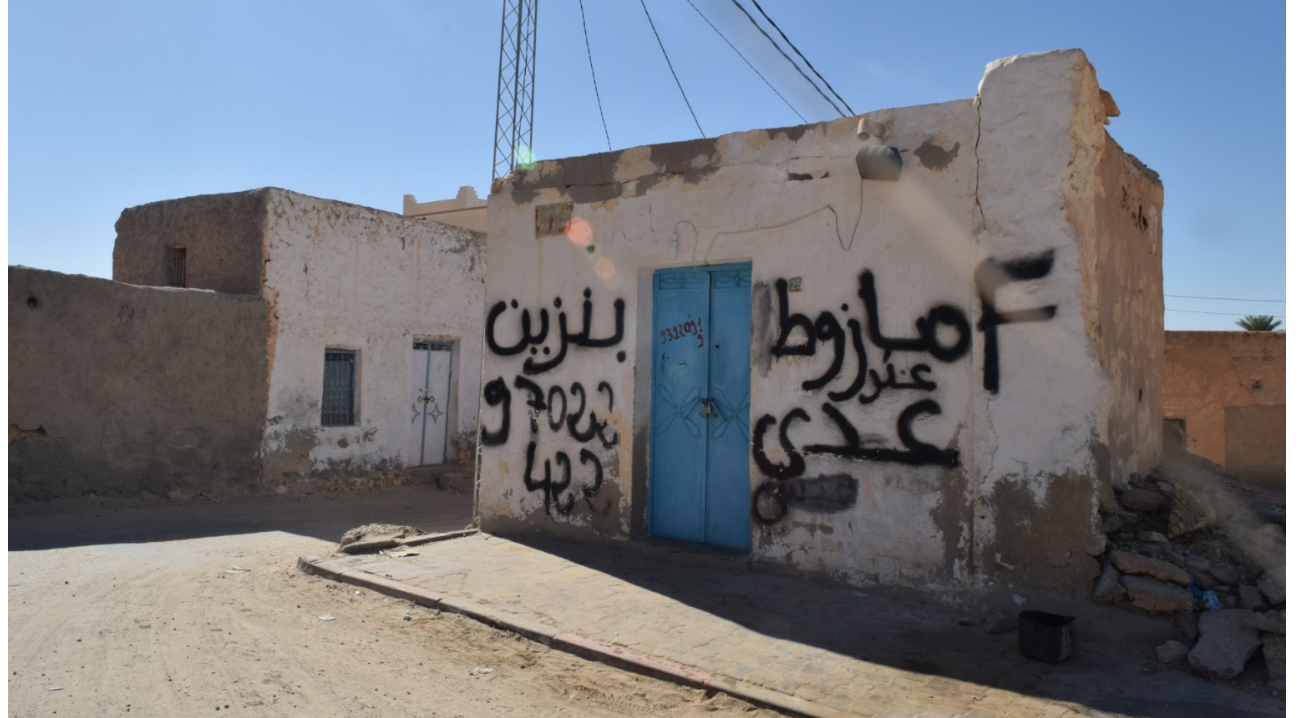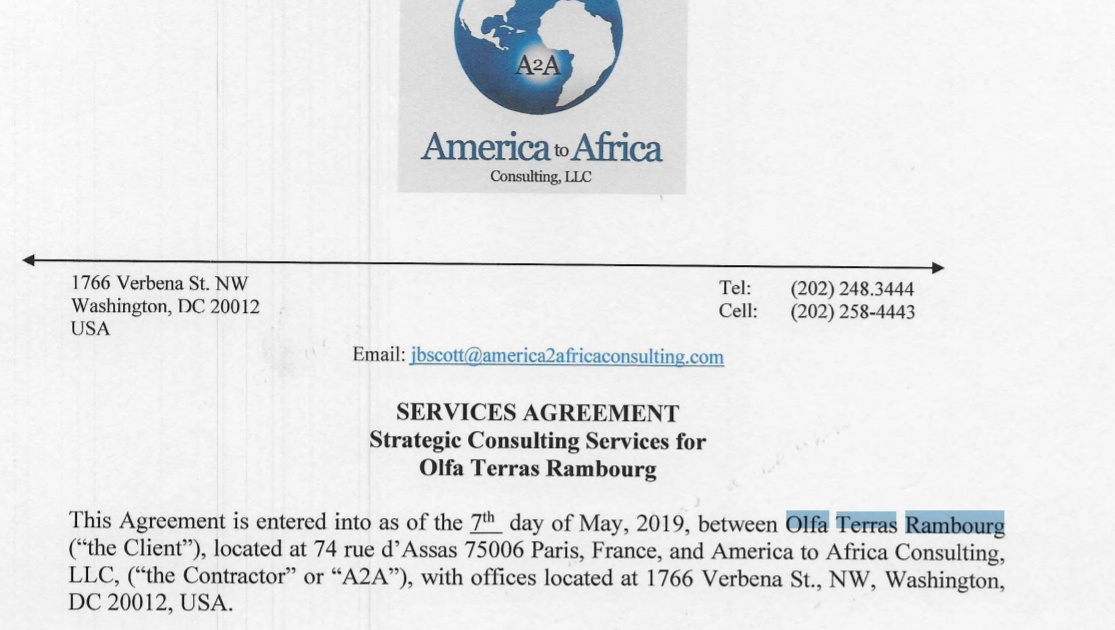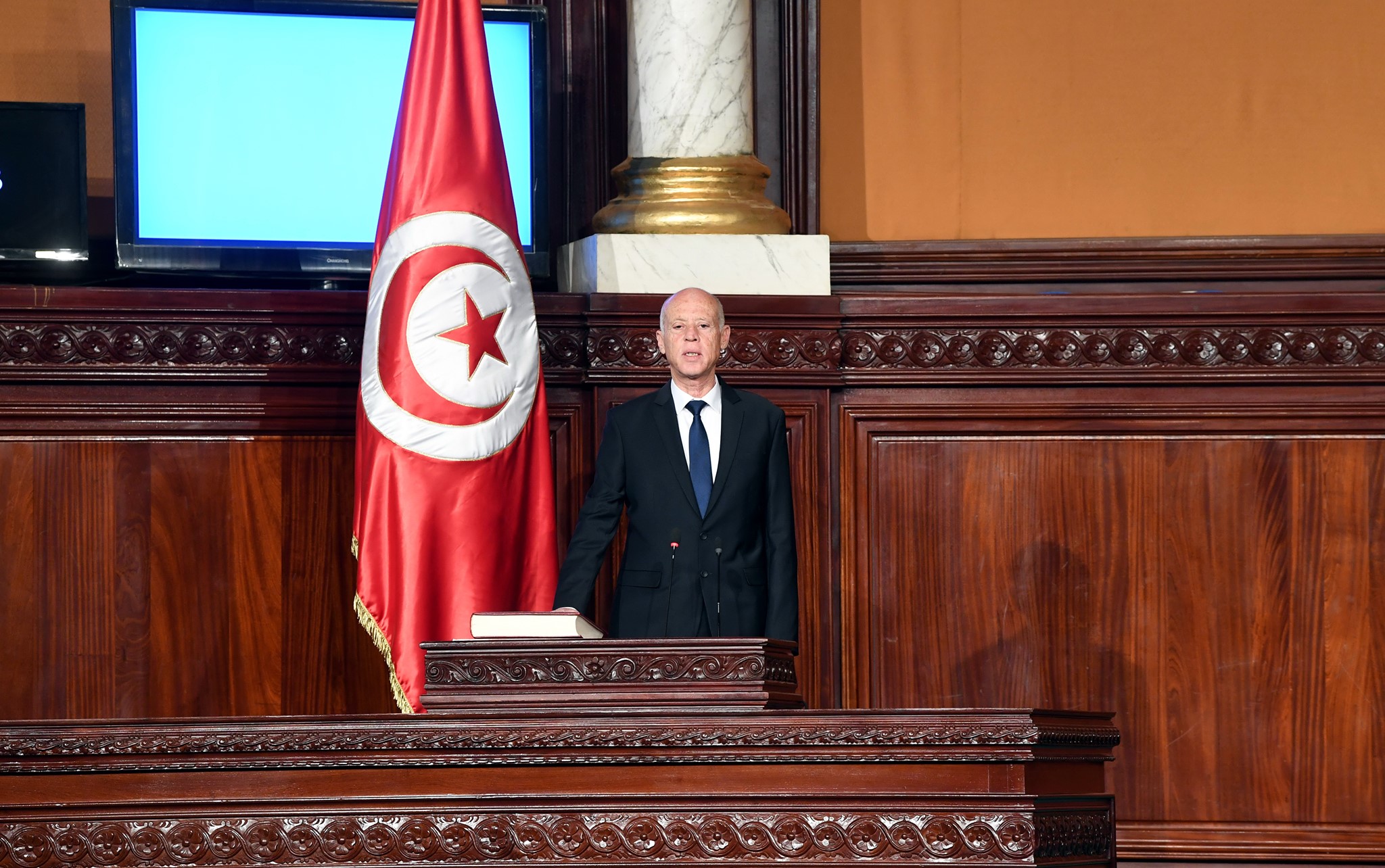0.9 points decrease in inflation, a decrease in budget deficit and an appreciating dinar: The central Bank’s Governor, Marouan Abbassi congratulates the efforts made to stabilize the macroeconomic indicators amid a press conference on the release of the IMF’s 5th review under Extended Fund Facility (EFF) Arrangement for Tunisia. A step ahead in towards what he calls the “virtuous circle” and a condition to control the devastating effects
0.9 points decrease in inflation, a decrease in budget deficit and an appreciating dinar
“An adapted monetary policy” as describes Bjorn Rother, chief of the IMF mission in Tunisia, seconding Abbassi, albeit vulnerabilities related to a growing debt and political instability.
He praised the Ministry of Finance on exceeding the goals set on the collection of unpaid receivables and emphasises the importance of a reinforcement of the protection of low-income household as a necessary parallel policy.
The chief of the IMF mission has lauded what he called a “voluntary approach” Tunisia has adopted in the implementation of the expected reforms. From his side, The Cental Banks governor, Marouan Abbassi, insisted that the policies and reforms implemented are the fruit of join work with the Brettonwoods institution, rather than a “result of pressure” as echoe a fringe of the public opinion.
In response to a question about fuel price hike and public sector salaries, two controversial topics for the public opinion, the IMF representative confirmed that another price increase shall be expected, emphasizing the necessity of parallel protection of vulnerable households, as energy subsidies remaining a heavy expense burden. The statement comes despite a recognition in the press release, that the price increase “ weights on the fiscal and external current accounts”.
Another fuel price increase shall be expected
On the salaries of the civil servants, the executive reminded that the Fund was against the lastest February salary increase instored in February, an outcome of the social negotiation with the labor union (UGTT) and insisted on the necessity of a deflating the bloated public sector in which “civil servants still earn more than their counterparts in similar positions in the private sector”. As voluntary departure policy has yielded modest results, he encouraged the government to do more effort on “redeployment” to fill vacant positions as a substitute to a recruitment policy.
IMF encouraged the government to do more effort on “redeployment” to fill vacant positions as a substitute to a recruitment policy
On another note, Rother highlights that the exchange rate flexibility policy and the resulting depreciation of the dinar take time to yield the positive results, but were a key driver in export increase.. The leverage of the budgetary balance dependent of export performance, the current appreciation is expected to slow the recovery.
Abbassi remains optimistic about the future. The expected entry into production of Nawara gaz field and the abundant harvest promising less need for energy and wheat import and an increase in agricultural exports.
Rother, on the other hand emphasized the necessity to accelerate the implementation of the reform, a garantee for better economic recovery and performance.






